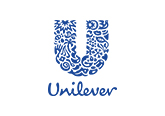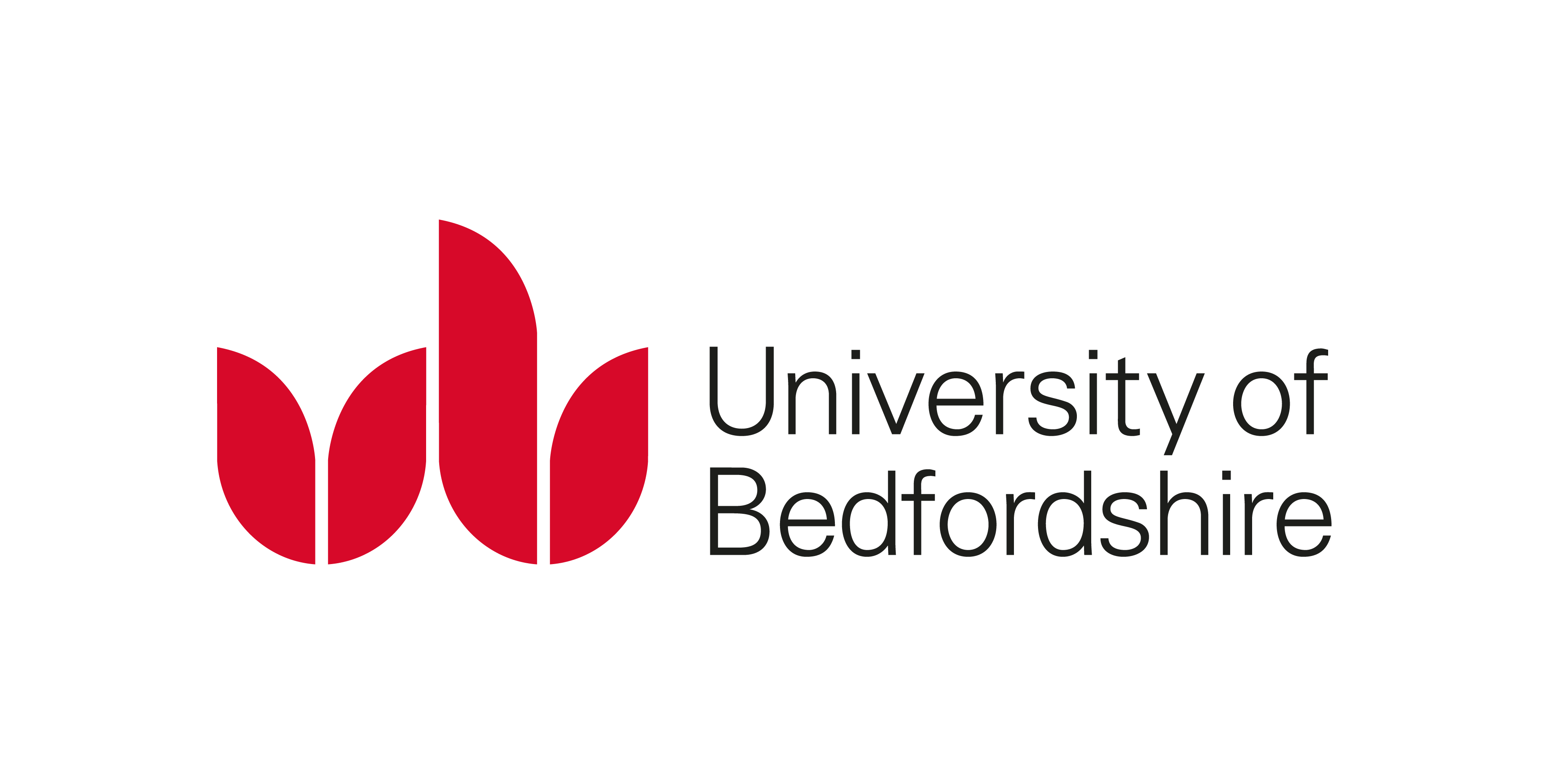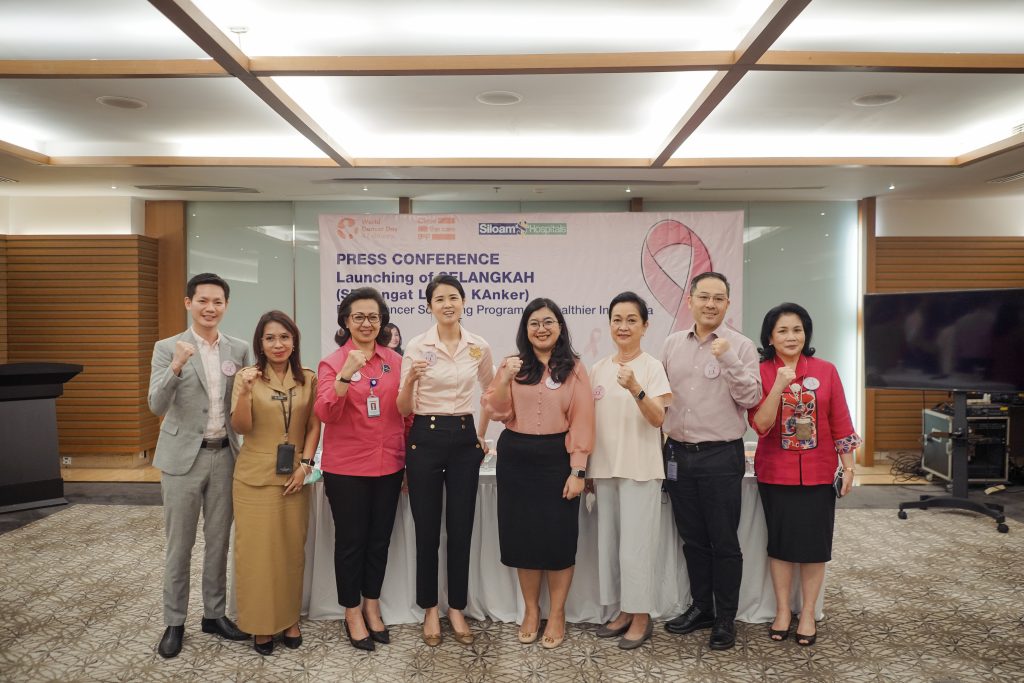
Jakarta, March 7, 2023 – Today, Siloam Hospital Group kicked off the SELANGKAH (SEmangat LAwan KANker) campaign to enhance its service commitment by providing free breast cancer screening services to women across Indonesia who have limited access. Since 2022, the World Health Organization initiated the World Cancer Day theme “Close the Care Gap” to reduce gaps in cancer knowledge and care. Siloam Hospital Group supports the world’s fight against cancer in reducing gaps in access to medical treatment, access to education, and access to medical personnel competence. Hopefully, the increased awareness can be followed by screening steps, so that cancer treatment can be carried out as soon as possible.
Cancer is the leading cause of death worldwide, with nearly 10 million deaths occurring by 2020. According to data from the Indonesian Ministry of Health in 2022, the incidence of cancer in Indonesia was 136 people per 100,000 population or ranked 8th in Southeast Asia. In terms of type, breast cancer is the most common cancer in the world as well as in Indonesia. According to data from The Global Cancer Observatory, as many as 17% of all cancer cases are breast cancer and the global mortality rate due to breast cancer reached 7% in 2020. In Indonesia, breast cancer causes 10% of all cancer deaths. Quoted from Kemkes.go.id, 70% of breast cancer patients have entered Stage 3 when detected. Based on the latest data, the prognosis of the patient’s chances of living in Stage 3 is 10-25%. Whereas, if detected early, the prognosis of breast cancer patients’ chances of living on average within 5 years can reach 90-95% in Stage 1 and 70-75% in Stage 2. The high prognosis of life when cancer is detected at Stage 1 and 2 shows the importance of early detection to be carried out by each individual, both independently and especially medical examinations.
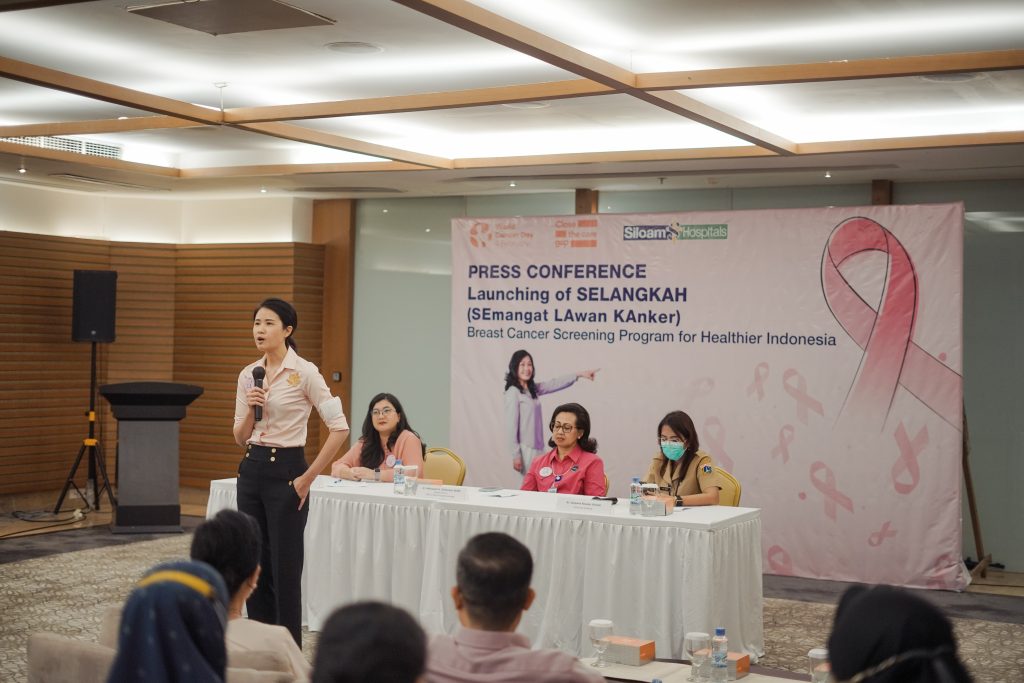
Despite advances in cancer treatment, in Indonesia there are still many people who have not been able to access or get proper cancer services, causing many cancer deaths. In addition to the lack of access to cancer treatment, there are several other factors such as lack of public awareness to do regular health checks, fear of screening, and lack of experts. This is also influenced by the financial limitations of the community where the poverty rate in urban areas in Indonesia still stands at 7.5% according to BPS data in March 2022. As the largest private cancer care provider in Indonesia, Siloam Hospital Group recognizes the great role and responsibility it plays in serving the wider community. With its knowledge, skills and capabilities in terms of scale and innovation, Siloam Hospitals is strategically positioned to support the transformation of healthcare in Indonesia led by the Indonesian Ministry of Health.
Given the importance of early detection for breast cancer, Siloam Hospital Group invites all levels of society, including the general public, companies, communities, and other institutions (stakeholders) to support this activity. This free breast cancer screening service program starts on March 7, 2023. The screening method used during this program is by using mammography equipment available in 14 Siloam hospitals spread across Indonesia with a target of 25,000 women throughout the archipelago, especially in areas of need and gaps in access to health services.
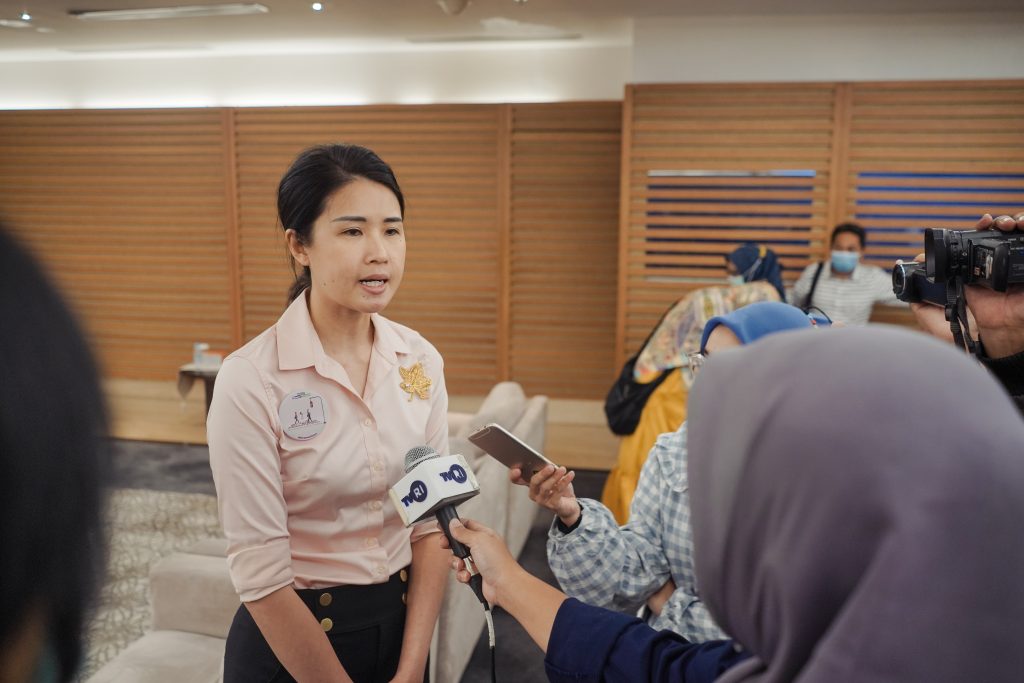
All stakeholders can participate in this program in various ways including:
- Adopt a Village: If you want to contribute in providing access to breast screening to women in certain areas that have limited access, you can choose the area that you want to sponsor from the list that we have compiled. When you choose to Adopt a Village, you are ensuring that all women in that area are screened.
- Donate to Indonesian Women: If you would like to contribute a certain amount to provide access to breast screening to women who have limited access to healthcare, you can still donate the desired amount. These funds will be pooled and then used for specific regions/areas.
- Protecting Employees and Families: If you are a corporate company that wants to do your part to ensure your female employees (and their families) have access to breast screening, you can sponsor your employees (and their families) in this program.
- In other forms such as: supporting operational activities in terms of providing equipment; supporting the mobilization of participants from selected areas to Siloam Hospital; and assisting with publications and information dissemination related to the implementation of this program.
Caroline Riady, Deputy President Director of Siloam Hospital Group also added, “The geographical location of 41 Siloam hospitals in 20 provinces in Indonesia places Siloam Hospital Group in a strategic position to provide this breast cancer screening service. The competence of our medical personnel and the facilities available at Siloam hospitals enable us to provide early detection and support the creation of sustainable cancer treatment services. However, this responsibility is not the responsibility of one party alone. Therefore, we invite you to take part directly in the SELANGKAH campaign. Let us move together to make a real change for women in Indonesia.”
For more information, please contact:
Jimmy Rambing
+62811 180 805
Ratih Permata Hadiwonoto
+62811 304 033
About Siloam Hospitals Group
PT Siloam International Hospitals Tbk (“Siloam Hospitals”) is a network of private hospitals in Indonesia committed to providing high quality health services in Indonesia. Starting business in 1996, Siloam Hospitals currently manages and operates 41 hospitals, consisting of 15 hospitals in the Greater Jakarta area and 26 hospitals spread across the islands of Java, Sumatra, Kalimantan, Sulawesi, Bali, Nusa Tenggara and Ambon. Siloam Hospitals Group also operates 66 Siloam Clinics.
Siloam Hospitals’ vision is to provide international quality healthcare and reach all levels of society on a national scale based on Godly compassion which is the basis for Siloam Hospitals to respond to the dynamic social transformation in Indonesia. Siloam Hospitals’ mission is to be the trusted choice for world-class holistic healthcare, health education and research.
Siloam Hospitals is the pioneer of Joint Commission International (JCI) accreditation for hospitals in Indonesia. JCI is an international accreditation agency based in the United States that focuses on improving the quality of health care and patient safety.
For more information about Siloam Hospitals, visit www.siloamhospitals.com
Disclaimer: This Press Release is prepared by Siloam Hospitals and is distributed only to convey general information. This Press Release is not intended for a particular group or purpose and does not constitute a recommendation regarding the shares of Siloam Hospitals. No guarantee is given regarding the completeness or certainty of the information contained. All opinions and estimates included in this Press Release are our opinions as of this date and are subject to change without notice. Siloam Hospitals is not responsible for any losses that may occur to any party due to part or all of the contents of this Press Release, Siloam Hospitals and affiliated companies including their employees and agents are not responsible for any mistakes, omissions, omissions or inaccuracies that can happen.
Predictive Statements: Some of the statements in this Press Release are or may be predictive in nature. These statements generally contain words such as “will”, “hopes”, “anticipates” or the like. By their nature, predictive statements carry risks and uncertainties that may cause realities that are different from what is explained in this Press Release. Factors that can cause different realities include but are not limited to: the economic, social and political situation in Indonesia; the health industry situation in Indonesia; market situation; additional regulatory burdens in Indonesia, including regulations relating to the environment and regulatory compliance costs; fluctuations in foreign exchange rates; interest rate development, capital costs and capital availability; anticipated demand and supply prices related to our health services and related capital expenditures and other investments; construction costs; availability of health services; competition from companies and other locations; changes in customer demand; changes in operational costs, including employee salaries, wages and training, changes in public and government policies; our ability to stay competitive; financial conditions, business strategies and plans and targets set by our management for future work; procurement of future income; compliance with environmental and remediation regulations. If, among other things, one or more of the risks or uncertainties mentioned above occur, the actual results may differ materially than predicted, anticipated or projected. In particular, but not limited, capital costs can increase, projects can be postponed and anticipated increases in production, capacity or implementation may not all occur. Although we believe that our management’s expectations expressed in predictive statements are reasonable based on the information we have at the moment, we cannot provide guarantees that these expectations can become reality. You should not depend on these statements immediately. However, these statements apply only to the date they were stated, and we are not responsible for making updates or revisions, even if new information, new events or anything is available.






